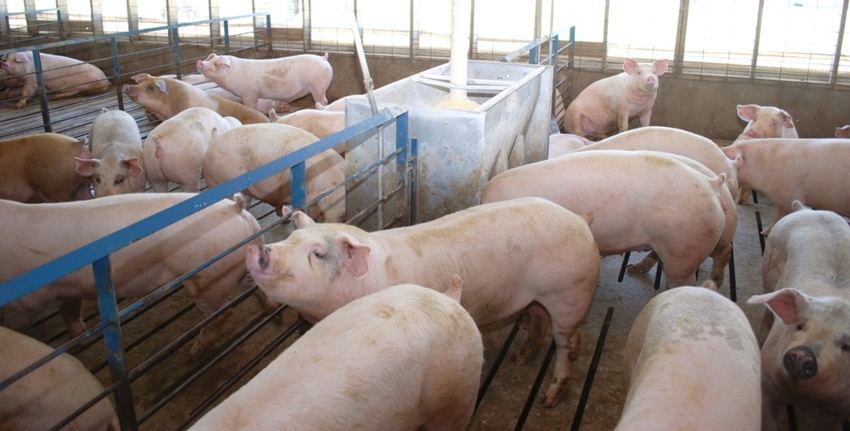NPPC welcomed action against Thailand’s "unjustified de facto ban on U.S. pork."

The U.S. Trade Representative announced that it is suspending $817 million in trade preferences for Thailand under the Generalized System of Preferences (GSP) program because the country hasn’t made sufficient progress on providing the U.S. with “equitable and reasonable market access” for pork products.
The decision follows a 2018 petition by the National Pork Producers Council (NPPC) asking USTR to review Thailand’s eligibility for the GSP program, which offers duty-free treatment to certain goods entering the U.S.
GSP, the largest and oldest U.S. trade preference program, is designed to promote economic development by allowing duty-free entry into the U.S. for 3,500 products from the 119 designated beneficiary countries and territories. To remain eligible for these advantages, beneficiary countries must comply with 15 statutory eligibility criteria, including taking steps to afford internationally recognized worker rights, providing adequate and effective protection of intellectual property rights and assuring equitable and reasonable access to its markets.
The decision is effective on Dec. 30, 2020, and will close the review of Thailand, USTR said. The list of products to be excluded from GSP for Thailand is focused on products for which the U.S. is a relatively important market for Thailand but where Thailand accounts for a relatively small share of U.S. imports. GSP eligibility will be revoked for approximately one-sixth of Thailand’s GSP trade, representing $817 million in U.S. imports under the GSP program in 2019.
The U.S. is Thailand’s number-one export market, with almost $4 billion of products annually sent to America under the GSP. Yet, Thailand maintains a de facto ban on U.S. pork imports through high tariffs and several non-tariffs barriers. Thailand does not accept uncooked pork and pork offal from the U.S. and rarely, if ever, grants import licenses for U.S. pork. Even if such permits are granted, Thailand imposes a fee for imported pork equal to about $220 per metric ton, compared with $7.50/mt for domestically produced pork.
While the U.S. ships high-quality, safe and affordable pork to more than 100 countries annually, unjustified restrictions have kept U.S. pork locked out of Thailand’s large market, NPPC said. Thailand appears to allow the import of uncooked pork and pork offal from other international suppliers, including the European Union, Australia, China and Brazil.
“For years, Thailand has taken full advantage of special U.S. trade benefits while imposing a completely unjustified de facto ban on U.S. pork. This is hardly a reciprocal trading relationship,” said NPPC president Howard “AV” Roth, a hog farmer from Wauzeka, Wis. “We thank the Administration for taking this action and hope it results in fair access to the Thai market for U.S. hog farmers.”
Although the U.S. is the top global exporter of pork -- shipping 2.4 million mt of product worth $6.48 billion to more than 100 nations in 2017 -- Thailand, a nation of 66 million that consumes nearly 726,000 mt of pork annually, imported only 31 mt of pork from the U.S. in 2017, valued at $127,000. By way of comparison, the U.S. exported more pork to the tiny island nation of Tonga, with a population of 107,000, than it did to Thailand in 2017, NPPC said in its petition.
About the Author(s)
You May Also Like




.png?width=300&auto=webp&quality=80&disable=upscale)
